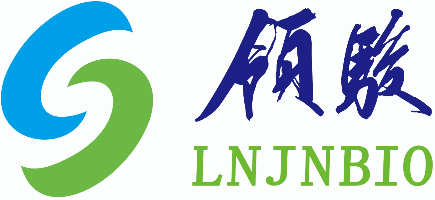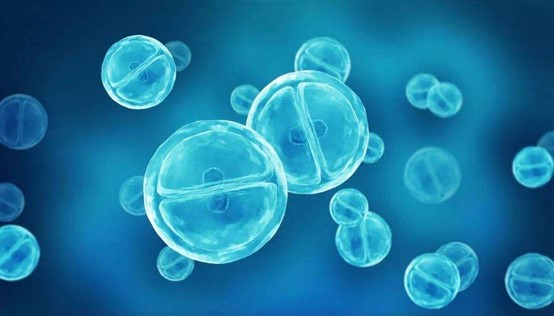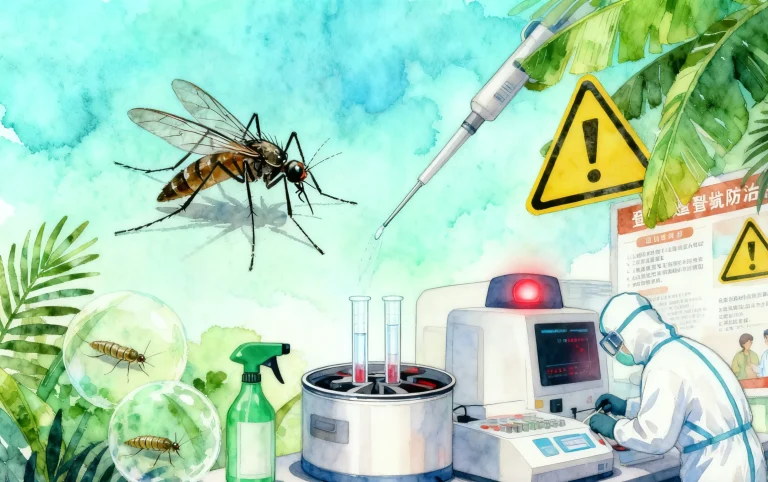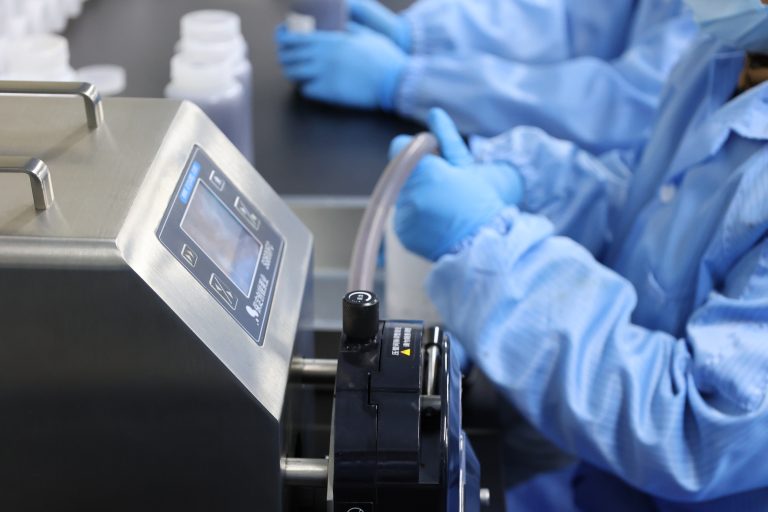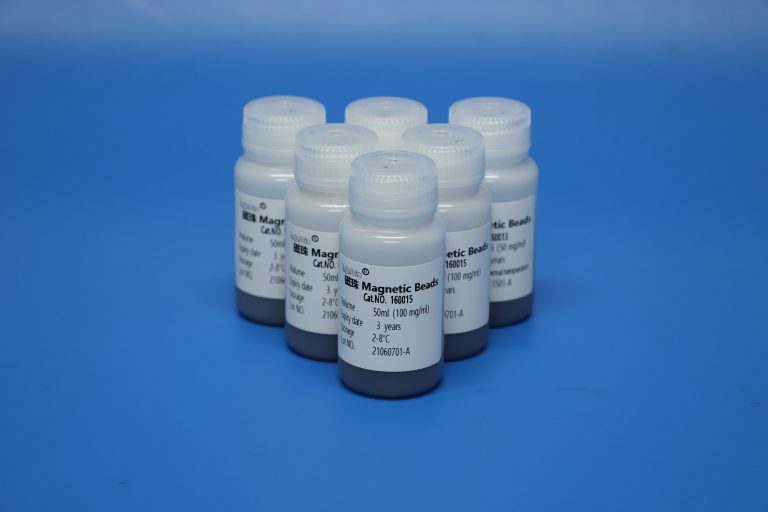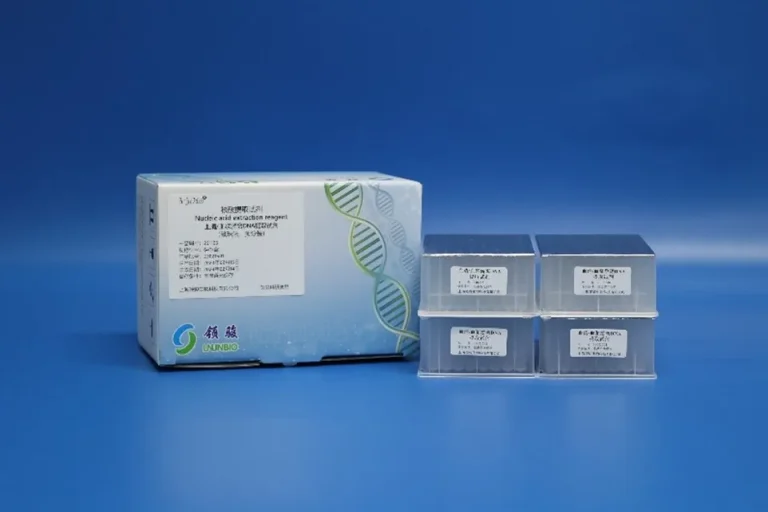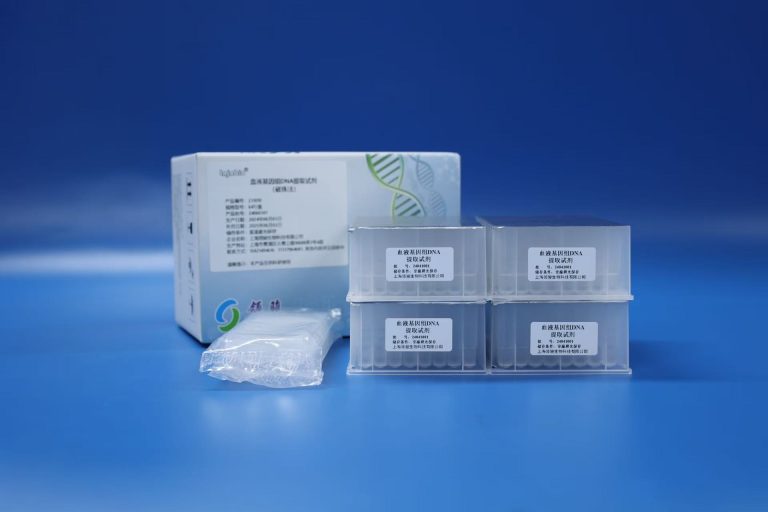Professional Manufacturer of Biomagnetic Beads

The influence of high Temperature weather on the experimental results of nucleic acid extraction and the corresponding strategies
With the arrival of summer, the continuous hot weather not only poses challenges to People’s Daily lives, but also may have a potential impact on nucleic acid extraction experiments in laboratories. Nucleic acid extraction, as a key step in molecular biology research, clinical diagnosis and pathogen detection, the accuracy of its results directly affects the reliability of subsequent experiments. So, how exactly will high-temperature weather interfere with nucleic acid extraction experiments? Then how can one deal with it effectively?
The potential impact of high temperature weather on nucleic acid extraction experiments
The stability of the sample decreases.
Under high-temperature conditions, nucleic acids in biological samples (such as blood, tissues, and virus sampling solutions) are more prone to degradation. Especially RNA, it is highly prone to decomposition by RNase at room temperature. If the transportation or storage conditions are improper, it may cause the extracted nucleic acid fragments to break, affecting the downstream PCR or sequencing results.
The potency of the reagent has decreased
Many nucleic acid extraction reagents (such as protease K and lysis buffer) are sensitive to temperature. Prolonged exposure to high-temperature environments may lead to the failure of active components, reducing lysis efficiency or binding capacity, thereby affecting the purity and yield of the extraction.
Fluctuations in the experimental operation environment
If a laboratory lacks a stable temperature control system, high temperatures may lead to poor heat dissipation of equipment such as centrifuges and PCR instruments, and even cause misoperation of automated extraction instruments, increasing the risk of experimental errors.
Risk of pollutant breeding
High-temperature and high-humidity environments are prone to the breeding of bacteria and fungi, increasing the possibility of sample or reagent contamination, especially in the open-operation magnetic bead extraction process.
How to reduce the impact of high temperature on nucleic acid extraction experiments?
Strictly control the temperature during transportation and storage
After sample collection, it should be stored at low temperature as soon as possible (such as transported with ice packs or dry ice), especially RNA samples, which are recommended to be immediately placed at -20℃ or -80℃.
Reagents should be stored as per the instructions, avoiding repeated freezing and thawing. If necessary, they should be aliquoted for use.
Optimize the experimental environment
The laboratory maintains a constant temperature (22-25℃),and uses air conditioners or dehumidifiers to control the temperature and humidity.
Temperature-sensitive steps (such as magnetic bead bonding and elution) can be carried out on cold plates or ice.
Select reagents and methods with higher stability
Give priority to using high-temperature resistant nucleic acid preservation solutions (such as sampling tubes containing RNA stabilizers).
The automatic extraction instrument can reduce manual operation time and lower environmental interference.
Strengthen quality control monitoring
After extraction, the concentration, purity and integrity of nucleic acids were detected by Nanodrop, electrophoresis or QPCR to ensure the credibility of the data.
Conclusion
Although high-temperature weather brings additional challenges to nucleic acid extraction experiments, the accuracy of the experimental results can still be guaranteed through standardized sample management, optimized experimental procedures and strict environmental control. Whether it is scientific research or clinical testing, details determine success or failure. Only by being prepared in advance can the experiment be “sure” to win!
Tip: During the summer experiments, don’t forget to cool down the instruments and also prepare a cup of herbal tea for yourself!
Supplier
Shanghai Lingjun Biotechnology Co., Ltd. was established in 2016 which is a professional manufacturer of biomagnetic materials and nucleic acid extraction reagents.
We have rich experience in nucleic acid extraction and purification, protein purification, cell separation, chemiluminescence, and other technical fields.
Our products are widely used in many fields, such as medical testing, genetic testing, university research, genetic breeding, and so on. We not only provide products but also can undertake OEM, ODM, and other needs. If you have a related need, please feel free to contact us .
